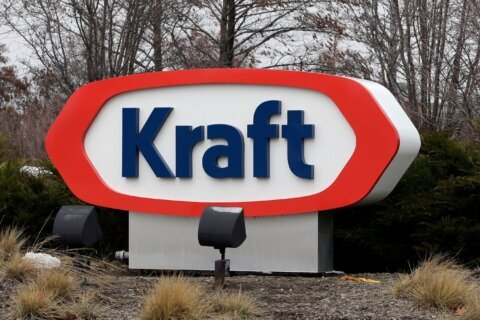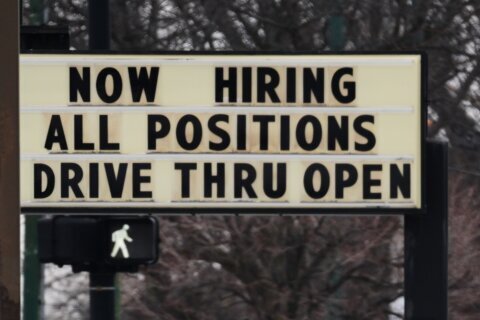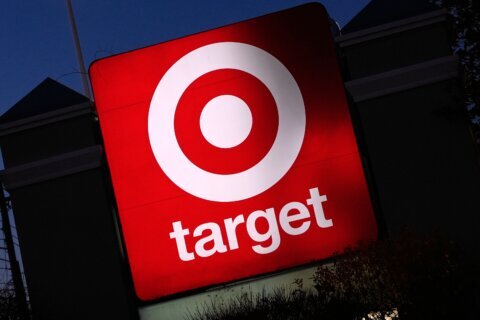Despite some glitches, coronavirus relief money has started arriving in the bank accounts of those who qualify.
The federal CARES Act provides one-time payments of $1,200 for adults earning up to $75,000 and $2,400 for couples earning up to $150,000, along with payments of $500 per child.
The money is a lifeline for many, and could be an opportunity for some.
“I think these checks are a very good gut check, if you will, on what’s important in your financial life,” CBS News business analyst Jill Schlesinger told WTOP. She said priorities should include paying bills, building up an emergency reserve fund and paying down debt.
Schlesinger said those who still have a job but are worried about the future could put the money in a bank or money market account. For those who have a reserve fund built up, paying down a car loan could be the smart move. Those with no debt could add to a retirement account.
Still, those scenarios are reserved for more fortunate individuals. Generally speaking, “people are really worried, and they want this money, and they’re really feeling financially insecure,” Schlesinger said.
- Facebook to warn users who ‘liked’ coronavirus hoaxes
- Coronavirus relief checks won’t have to be repaid, feds say
- DC authorizes hazard pay for workers who must physically report to work
- Trump unveils phased approach to reopening economy








